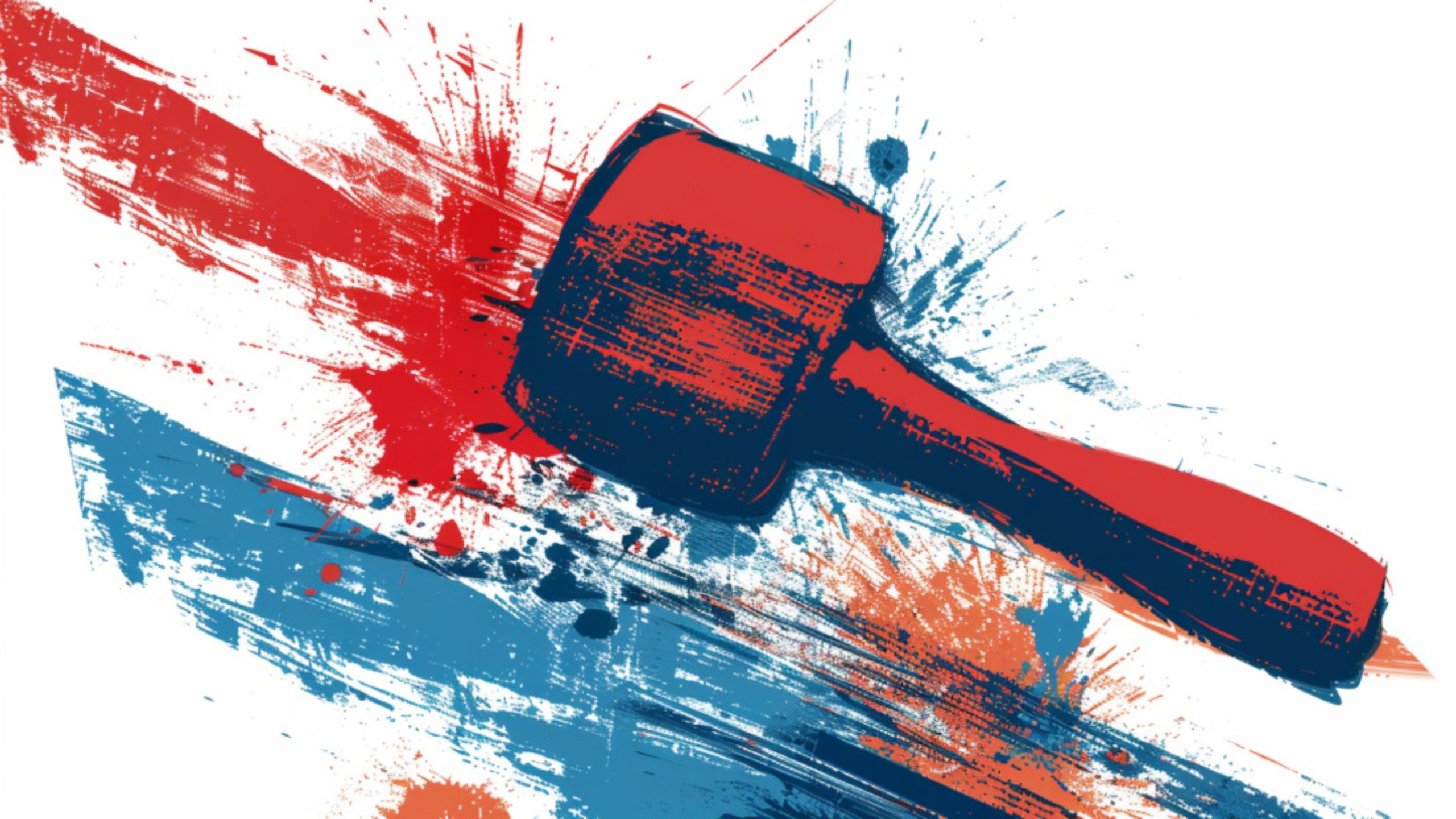The American Civil Liberties Union (ACLU), a civil rights non-profit, has taken a stance against AI watermarking/content authentication/meme stamp protocols as potentially freedom-limiting in a variety of ways.
The ACLU’s basic premise is that the problem of “disinformation” such as that enabled by generative AI is not one that can be solved by technology – because the technology supposed to do that is inadequate in terms of accuracy and effectiveness in determining if content has been altered.
At the same time, these methods supported by Big Tech and considered by US House legislators could usher in a number of harms, the group warns. Among the negative outcomes could be what the ACLU calls a “technically-enforced oligopoly on journalistic media.”
This is something the non-profit notes a number of content authentication methods now discussed have in common, and should they become standard, then outlets that do not have these credentials would be treated as “untrusted.”
Another task that authentication schemes seek to perform is setting up cryptographic authorities that then become the arbiter of what is trustworthy or authentic, with those wanting to be considered authentic media authorities constrained to using Adobe, Microsoft, Apple, and their ilk.
Another question the ACLU raises is how privacy of photographers and editors would be affected by proliferation of the schemes and their elevation to standard features.
This becomes an issue if content editing that’s treated as “trusted” can be done only on devices or apps controlled by tech giants. One scenario mentioned by the ACLU is content showing police brutality edited on a platform that is know to be complying with requests from law enforcement.
Another problem is that of the cost of using tools and devices that would brand content as trusted. Those with lower income would be less likely to have access to both hardware and software, including in scenarios where a video purporting abuse by authorities that is not “authenticated” gets ignored as “untrusted.”
And then, there’s the other side of the coin – content that is actually modified in a manner that makes it untrustworthy passing off as trusted, thanks to the flaws in the authentication methods.












